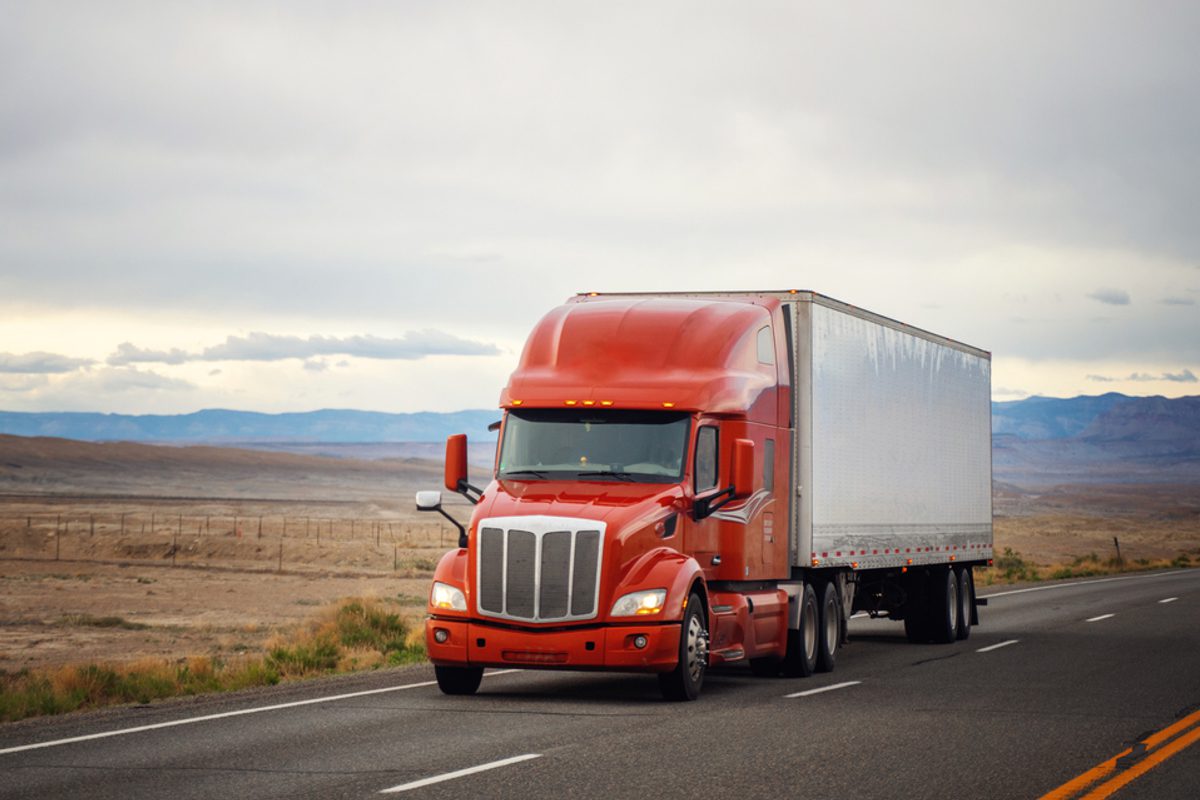According to the United States Enviornmental Protection Agency (EPA), medium to heavy commercial trucks make up 23% of transport emissions in the country. Countries and customers both are taking notice of increasing emissions challenges as we grapple with climate change. Manufacturers play a key role in a shift towards a more environmentally sustainable transport sector.
While this may be a challenge for the heavy vehicles industry now, it will also present an opportunity for manufacturers to take bold action to meet standards and appeal to a new more conscious buyer. Let’s look at some of the challenges and opportunities for trucking manufacturers:
- Changing customer demands: It is now a norm that customers are asking for more data and information from the providers they purchase from, and commercial vehicle buyers are no different. This information includes clear and transparent sustainability metrics that span the lifecycle of the product. A recent Tacton survey found that 12% of manufacturers have seen a significant increase in information requests about the environmental or climate impact of your products. While this may seem like a challenge at first, manufacturers who can quickly and accurately provide data based on customers’ sustainability requirements will have a better chance of closing deals and giving peace of mind to the customer.
- New legislations and requirements: Federal and state legislators are taking the lead in introducing climate regulations for all manufacturers, including truck and trailer manufacturers. Manufacturers must be able to share data about greenhouse gas emissions, waste and more to regulatory officials. When estimating these manufacturers are also asked to consider emissions from the use phase of the products they manufacture, trucks. These emissions are counted as Downstream Scope 3 in carbon accounting. In the United States, the SEC has proposed a climate disclosure rule, this rule change would require publicly listed companies to disclose climate risks, including their Scope 3 emissions. This of course adds another layer on the calculations that go into configuring trucks and trailers.
- New challenges require new solutions: We’ve noted the importance of CPQ for the day-to-day operations of vehicle manufacturers, a new feature will further help these businesses take their sales pitch a step further by giving customers a holistic view of the climate impact of any product. Tacton’s Environmental Footprint Configuration (EFC) helps manufacturers configure products using life cycle assessment (LCA) software. Before EFC, manufacturers would need to manually leverage LCA information that would require manual work from experts Traditionally LCAs takes weeks up to months, and tailored LCAs would be performed on the request of the customer, not part of the quoting process. With EFC it’s possible to see significant cost savings and will help customers make informed decisions that will help reduce their climate footprints. This integration also makes it easier to report to regulators, by incorporating the climate footprint into various documents and reporting requirements, business can effectively streamline their compliance efforts while prioritizing environmental considerations.
Acting on climate change
Truck and trailer manufacturers have a golden opportunity to generate new revenue with CPQ and Environmental Footprint Configuration. Sustainability goals are here to stay, and manufacturers who find ways to offer these products will find themselves winning new customers. These truck manufacturers will also find themselves more appealing to investors as sustainability is an increasing focus for the modern buyer. Manufacturers who offer the most sustainable solutions will win more than ever. Find out how Tacton is enabling leading manufacturers to meet and exceed their sustainability goals by scheduling your demo today.



